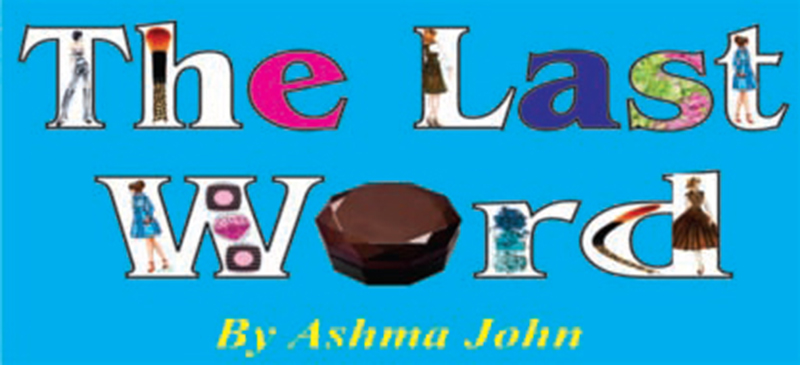I first learnt of Israel’s occupation of Palestine about 12 years ago; not through a news report, United Nations or Amnesty International but a friend’s Facebook post after their interaction with a Palestinian man that took place as they were in a queue (if my memory serves me correctly it was a bank to be exact).
My friend, who at the time was wearing a ‘Free Palestine’ t-shirt described in their Facebook post how they were curiously stopped by the man. It detailed his astonishment and how his face lit up when they revealed they weren’t from Palestine but rather had been raised halfway across the globe and how he profusely thanked them for recognising his humanity and that of his people. It was a delicate reminder of what resistance and community solidarity looked like. I never forgot it, nor did I ever happen to discuss it with my friend until 2020. Before that, I kept it neatly tucked away in both my heart and mind as a lesson learned not only as it related to settler colonial history and the Nakba but also on empathy and community grief.
In 2020, Guyana faced a racially-divisive election that felt like psychological warfare at the time even for those in the diaspora. This was followed by the brutal murder of the Henry boys and Haresh Singh, backdropped by the murder of George Floyd that sparked global protests. I found myself auditioning for my friend’s humanity validation. As videos swirled during elections, and a line was drawn between the honest and dishonest and who might be perceived to be, along came the discussions of what was real and what wasn’t, careful omission, denial and excuse. It felt as if the truth was being determined and changed based on emotion.
Between the consistent denial of the crime wave that reigned in the 2000s in Guyana, that saw predominantly young men of African descent being killed, to receiving a video of a son of an African leader flaunting his wealth with words which described fear of Guyana ever turning similar with racial stereotyping of Black people and how they manage money, every heavily packed comment and refusal to acknowledge felt like a knife turning in my stomach. It felt for the most part we were living in two different worlds, despite even at one point going to the same school.
Perhaps we divorce ourselves from the truth so as to avoid guilt and the narratives that are so intertwined in our belief system that by abandoning them we feel as if we are abandoning ourselves.
That experience taught me some of the most invaluable lessons that I aggressively try to practise even when my voice shakes. The first one being that our silence or refusal to enact empathy is as dangerous as it is painful. The second is that ignoring injustice only multiplies chaos, even if it simmers down for a while.
As we condemn the attacks on Israel that saw 1,400 civilians killed and around 200 being kidnapped on 7th October, we must also be able to condemn the Nakba in 1948 and the expulsion of over 700,000 Palestinians from the country of their birth. The massacres that ensued which saw the slaughtering of some 15,000 Palestinians (The Atlas of Palestine, 1917-1966) and the shattering of their socio-economic structures, must also be condemned.
We must denounce the demolition of Palestinian villages, the burning of olive trees, the burning of homes which contributed to the geographical and cultural erasure and the establishing of illegal settlements.
We must censure the silencing and killing of journalists, who work eagerly to bring us the truth, by use of excessive and disproportionate force.
We must condemn the ongoing bombardment of the Gaza strip that at the time of writing had seen the killing of 7,028 Palestinians 3,000 of which were children. We must deplore the collective punishment of Palestinians who just want to exist.
We must condemn the military occupation that restricts and controls every aspect of Palestinian life. Including even the streets they are allowed to walk on.
We must condemn the 70-plus years of indignity, harassment, and grief and above all humanise those who are suffering.
While Palestine may seem far from us geographically, the power imbalances and how they suffocate the oppressed and the powerless are lessons for everyone everywhere and as Nelson Mandela once said: “For to be free is not merely to cast off one’s chains, but to live in a way that respects and enhances the freedom of others.”






